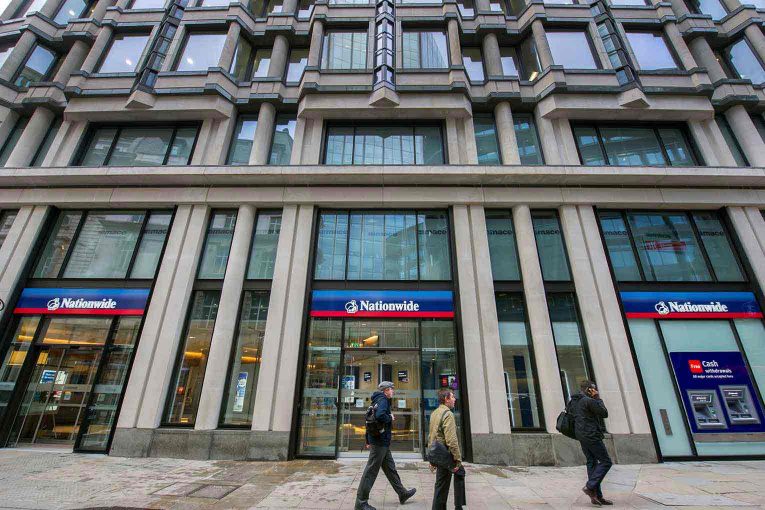Nationwide Building Society is facing mounting criticism after refusing to offer members a binding vote on a proposed 43% pay rise for its chief executive, Debbie Crosbie, a decision that could see her total remuneration climb to £7m.
The decision has sparked a backlash from campaigners, members and governance experts, who argue that the building society is failing to live up to its mutual values by denying members a formal say on executive pay.
The story, first reported by The Guardian, highlights growing concerns about governance standards in the mutual sector, particularly in the wake of Nationwide’s £2.9bn acquisition of Virgin Money.

While listed banks are legally required to offer binding shareholder votes on pay policies every three years, no such obligation exists for building societies. Nationwide has instead opted for an advisory vote at its annual general meeting on 25 July, meaning that even if members reject the proposal, the board is under no obligation to amend it.
Nationwide said it was already going beyond what is required under the Building Societies Act, which mandates binding votes only for the election of board members. A spokesperson said: “As part of our commitment to member engagement and transparency, Nationwide voluntarily puts the remuneration policy to the membership on an advisory basis at the AGM and we currently have no plans to change this approach.”
However, the scale of the proposed pay increase — from a current package of £4.8m to a possible £7m — has drawn sharp criticism. Luke Hildyard, director of the High Pay Centre thinktank, told The Guardian the case “highlights the need for the loophole to be closed”, describing it as “a loophole in the governance of building societies”.
He added: “Mutuals are supposed to have a more collective approach to business than corporate banks, but while the banks are required to revise pay policies that are rejected by a majority of shareholders, and provide a response to the stock market if more than 20% vote against, building societies can in theory ignore their members.”
Crosbie’s proposed remuneration puts her just behind NatWest’s chief executive, Paul Thwaite, whose package worth up to £7.7m was approved in April.
Nationwide’s defence rests on its recent performance and customer satisfaction ratings. The building society said its pay policies had “always received overwhelming member support”, with more than 94% backing the remuneration plan at last year’s AGM.
A spokesperson told The Guardian: “Any suggestion that we would ever ignore a vote against it is simply ridiculous. We always consider their views… Even after the changes that are being proposed at the AGM, Nationwide’s chief executive will still be paid substantially less than the other large banks.”



